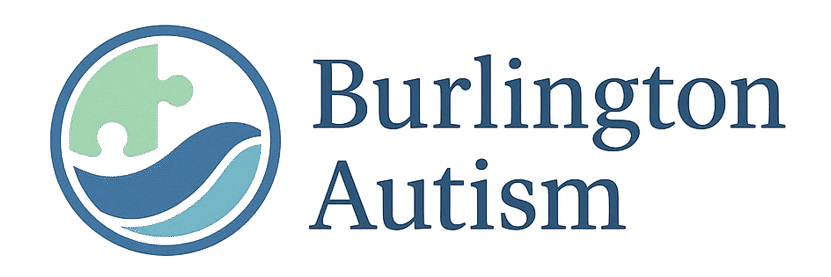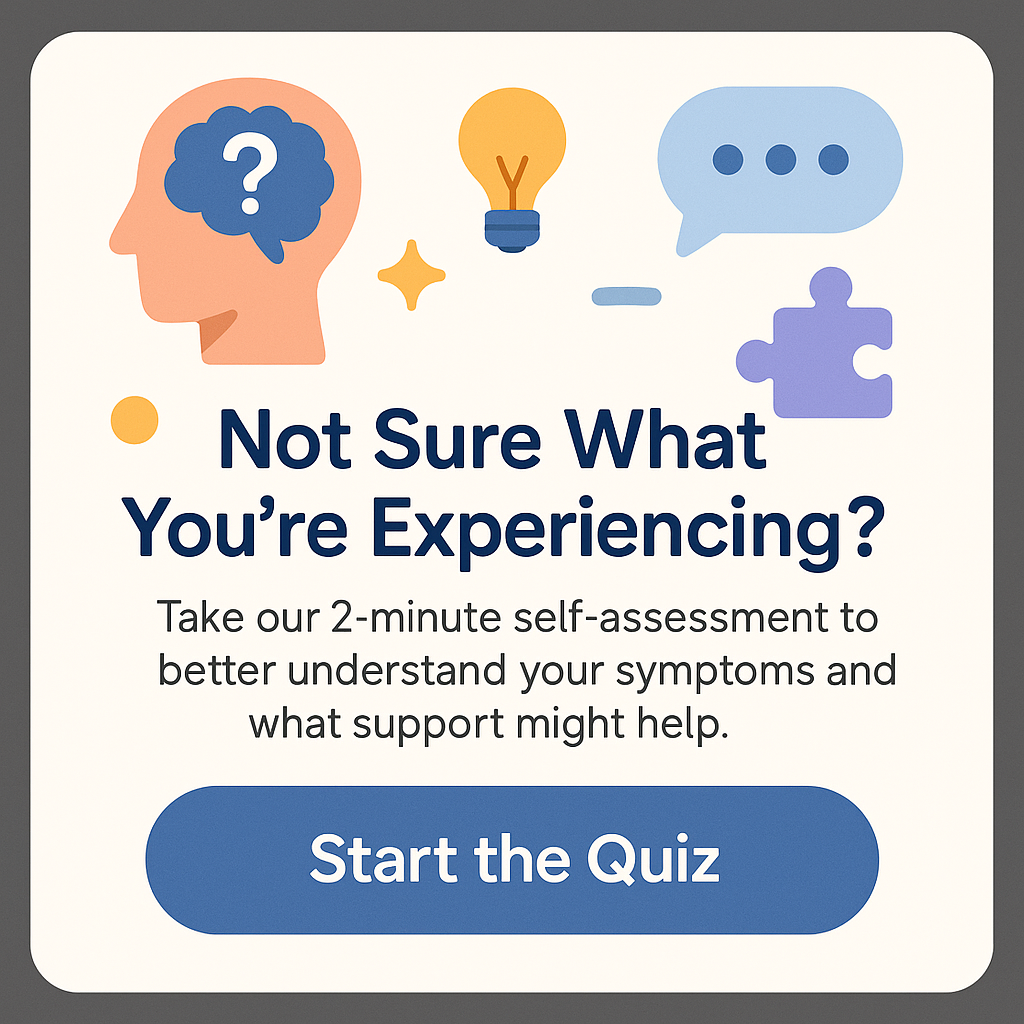How do I tell if I am neurodivergent?
If you’ve ever found yourself wondering, “How do I tell if I am neurodivergent?” you’re not alone. Neurodivergence is a term that includes various cognitive differences, including conditions such as autism, ADHD, dyslexia, and more. Understanding your own neurodiversity can be a life-changing journey. It opens doors to self-awareness and provides insights into your unique strengths and challenges. In today’s fast-paced society, where conformity is often the norm, many people find themselves questioning their thoughts, behaviors, and feelings. This article will equip you with knowledge about neurodivergence, the signs that might indicate you are neurodivergent, and resources to help you on your personal journey of self-discovery. We will delve into common traits associated with different types of neurodivergence, discuss how and when to seek professional guidance, and offer tips on embracing your unique neurological makeup.
Understanding Neurodivergence
To effectively answer the question, “How do I tell if I am neurodivergent?” it’s essential to understand what neurodivergence is all about. Neurodivergence refers to the diverse ways in which our brains can be wired and function. It acknowledges that conditions such as autism spectrum disorder (ASD), attention deficit hyperactivity disorder (ADHD), dyslexia, and others are not necessarily disorders but rather variations of the human experience. These differences can affect how an individual comprehends information, interacts with others, and navigates through life.
Neurodivergent individuals may display a range of characteristics that diverge from neurotypical norms. For instance, those with ADHD might have bursts of creativity and high energy, making them excellent problem solvers. On the other hand, individuals with autism may have profound focus on their interests, often leading to deep expertise in niches that fascinate them.
When exploring neurodivergence, it’s crucial to remember that no two individuals are alike. While certain traits may characterize a particular diagnosis, the way these traits manifest can vary significantly from person to person. Here are some common indicators of neurodivergence:
- Social Interactions: Many neurodivergent individuals find social situations challenging. You might feel overwhelmed in crowded places or struggle to interpret social cues.
- Focus and Attention: If you have trouble concentrating on tasks deemed “normal” by others or experience hyper-focusing on certain interests, that could suggest neurodivergence.
- Sensory Sensitivities: Certain sounds, textures, or lights may feel more intense or uncomfortable for you compared to others.
- Unconventional Thinking: If your thoughts seem to come in unconventional ways or you often think outside the box, this could be a sign of neurodivergence.
Recognizing these traits is a crucial first step in understanding if you might be neurodivergent. The next part is exploring how to connect these insights to your personal experiences.
Signs You Might Be Neurodivergent
So, how do I tell if I am neurodivergent? The signs can manifest in various ways, and it’s essential to reflect on your experiences. Start by considering the following questions that might help clarify your neurodivergent traits:
- Do I experience overwhelming sensory stimuli? Many neurodivergent individuals are more sensitive to certain sounds, lights, or textures. Think about if you avoid certain situations or items because they feel unbearable or distracting.
- Do I have intense interests? A hallmark of many neurodivergent conditions is a tendency to specialize in specific topics. Reflect on whether you have deep, abiding interests that consume your thoughts or affect your social interactions.
- Do I struggle with organization and time management? Many who are neurodivergent find it challenging to keep things organized or meet deadlines due to their unique processing styles.
- How do I respond to social situations? If you often feel anxious or unsure in social scenarios, or if you notice differences in how you relate to others, this can be a sign of neurodivergence.
- Do I find certain routines incredibly comforting? Many neurodivergent individuals thrive on routine and predictability in their day-to-day life. Changes can be particularly stressful.
Answering these questions can open a door to understanding your unique neurological makeup. If several responses resonate with you, it may be worthwhile to explore neurodiversity further.
Seeking Professional Guidance
Once you’ve identified potential signs of neurodivergence in yourself, you may wonder what the next steps are. How do I tell if I am neurodivergent? Seeking professional evaluation can be incredibly beneficial. A psychologist, psychiatrist, or specialized therapist can assess your experiences and help you understand your cognitive makeup. Here are some steps to consider:
- Research qualified professionals: Look for mental health professionals who specialize in neurodiversity and related assessments.
- Prepare for your appointment: Make a list of your experiences, struggles, and traits that lead to your questioning.
- Engage in open dialogue: When you meet with your chosen professional, share your observations and feelings openly. Their feedback will be invaluable in assessing your situation.
- Consider additional evaluations: Sometimes, more than one evaluation is necessary. Understanding that testing can be creatively varied is essential.
Professional guidance can help clarify if you are neurodivergent and provide tailored strategies for navigating the world effectively. Remember, being neurodivergent is not a limitation but a unique way of engaging with life, and it can bring remarkable strengths.
Embracing Your Neurodiversity
Once you’ve addressed the question, “How do I tell if I am neurodivergent?” and perhaps received a diagnosis, the next step is learning how to embrace your neurodiversity. Recognizing the unique gifts that come with your cognitive style can be empowering. Here are some tips for embracing your neurodivergent self:
- Educate yourself: The more you know about your condition and other related neurodivergent experiences, the better equipped you will be to navigate challenges and exploit strengths.
- Build a support network: Surround yourself with understanding friends, family, and peers who will support your journey. Engaging in communities online or in person can offer additional encouragement.
- Advocate for yourself: Remember that your needs are valid. Speak up when you need accommodations at work or in social situations to foster a more comfortable environment.
- Focus on strengths: Embrace the areas where your neurodivergence enables exceptional abilities—be it creativity, analytical thinking, or problem-solving skills.
- Consider therapy or coaching: Professional coaching targeted at neurodivergent individuals can provide strategies for developing coping skills, enhancing social interactions, and managing daily tasks.
Embracing your neurodiversity is a journey, and it can take time to find what works best for you. Patience and resilience will go a long way in helping you navigate your path.
Conclusion
In conclusion, understanding the question, “How do I tell if I am neurodivergent?” takes introspection, knowledge, and, often, professional guidance. Recognizing neurodivergent traits can open the door to better self-understanding and the confirmation that being different is perfectly okay, even beneficial. Your unique mind holds the potential for tremendous creativity and innovative thinking. Embrace who you are, learn more about your brain’s unique wiring, and give yourself the grace to navigate a world that may not always understand your perspective. In doing so, you become your own best advocate. Remember, you are not alone in this journey—there are communities and resources available, ready to offer support and understanding.
FAQs
1. What does being neurodivergent mean?
Neurodivergent refers to individuals whose neurological development and functioning differ from what is considered typical or neurotypical. This includes people with autism, ADHD, dyslexia, and more.
2. Can I self-diagnose neurodivergence?
While self-reflection is important, a formal diagnosis should come from a qualified mental health professional who can conduct comprehensive assessments.
3. Is neurodivergence a disability?
Neurodivergence can lead to challenges that may qualify as disabilities when they interfere with an individual’s ability to navigate daily life. However, many view their neurodivergent traits as differences rather than deficits.
4. How can I find support as a neurodivergent person?
Seeking support groups, online communities, and therapy can provide assistance and connection. Engaging with others who share similar experiences can also be incredibly beneficial.
5. What resources are available for learning more about neurodivergent conditions?
Websites like the National Autistic Society, CHADD (Children and Adults with ADHD), and Dyslexia Foundation offer a wealth of information and resources for families and individuals.
How does a person with autism act?
What is Bad Behavior in Autism? Understanding the Complexities







